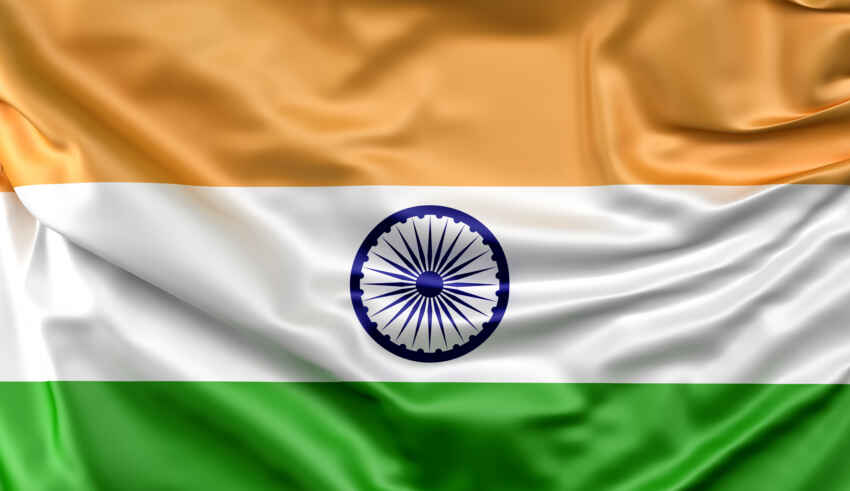
India’s Supreme Court recently upheld a decision to revoke special status of Kashmir by revoking Article 370 of its Constitution, a decision predicted to impact India’s relationship with its neighbour Pakistan.
Background: Kashmir a region symbol of tensions between India and Pakistan
The two South-Asian nations have a well-established history of conflict ever since their independence following the end of British rule in 1947. Indeed, the 1947 partition of India led to the creation of the two states and also the debate as to who should have control over the Kashmir territories, which had a certain amount of autonomy under British rule.
Both Pakistan and India claimed the territory as their own. Ultimately, Kashmir decided to join India which subsequently meant India took over defence of the region. This is where Article 370 comes in, which formally recognises Kashmir’s accession to the Indian state and recognizes the autonomy of the region except on matters of defence, finance, foreign-affairs and communication which remain part of India’s administration. The control over defence in Kashmir was a particular trigger for tensions between Pakistan and India, and this resulted in several wars, failed ceasefire agreements and provisional military control lines. Escalation has never been far in sight and the latest decision regarding Kashmir’s status will likely add fuel to the fire.
Article 370: What effect on Kashmir?
The decision to remove special status from the region and indeed eradicate Article 370 from India’s constitution was taken by Modi’s government in 2019 and recently the Supreme Court upheld this decision. Concretely, what this decision means is that the region will be considered as part of India and no longer able to retain autonomous decision-making power over certain jurisdiction, notably ownership and property rights which were limited to the people of Kashmir. Since 2019, it has already been signalled that restrictions have been placed within the majority-Muslim region including on freedom of protest and freedom of speech. India’s right-wing government celebrates the decision, considering the eradication of Kashmir’s special status as necessary for a stronger, more united India. In Kashmir, however, many perceive it as an attack on the region’s identity and an attempt to undermine the Kashmir Muslim-majority identity.
Why will this affect the relationship with Pakistan?
The ambiguity of Kashmir’s region and its partial autonomy provided for a certain stability for India-Pakistan relations. Although tensions remained apparent through terrorist attacks, and ceasefire violations, the special status of the region did hold a certain weight in balancing the power dynamics between the two South-Asian countries. The revocation of this special status has certainly been interpreted by Pakistan as a provocation and inserted doubt in regards to the stability in the region. Pakistani authorities have proclaimed that they do not recognise the legality of the decision taken by India’s Supreme Court, citing that India was not acting in accordance with international law and going contrary to the self-determination of the people of Kashmir. The revocation of article 370 and its consequences will strain dialogue and efforts to maintain the ceasefire along the Line of Control, administered by the United Nations, which divides Pakistan controlled Kashmir from India controlled Kashmir, a military control line which has been difficult to maintain over the years.
Escalation of violence in the form of provocations or small scale attacks should not be ruled out as a possibility, as we have witnessed such instances of violence occurring following less catalysing events. Protests and expression of discontent over the decision will also likely come out of Kashmir itself. Further escalation over the situation will depend on how quickly India decides to take action in the region and how this will materialise. From an international legal standpoint, the Kashmir region will continue to generate questions of self-determination and the right to self-determination.
By The European Institute for International Law and International Relations















